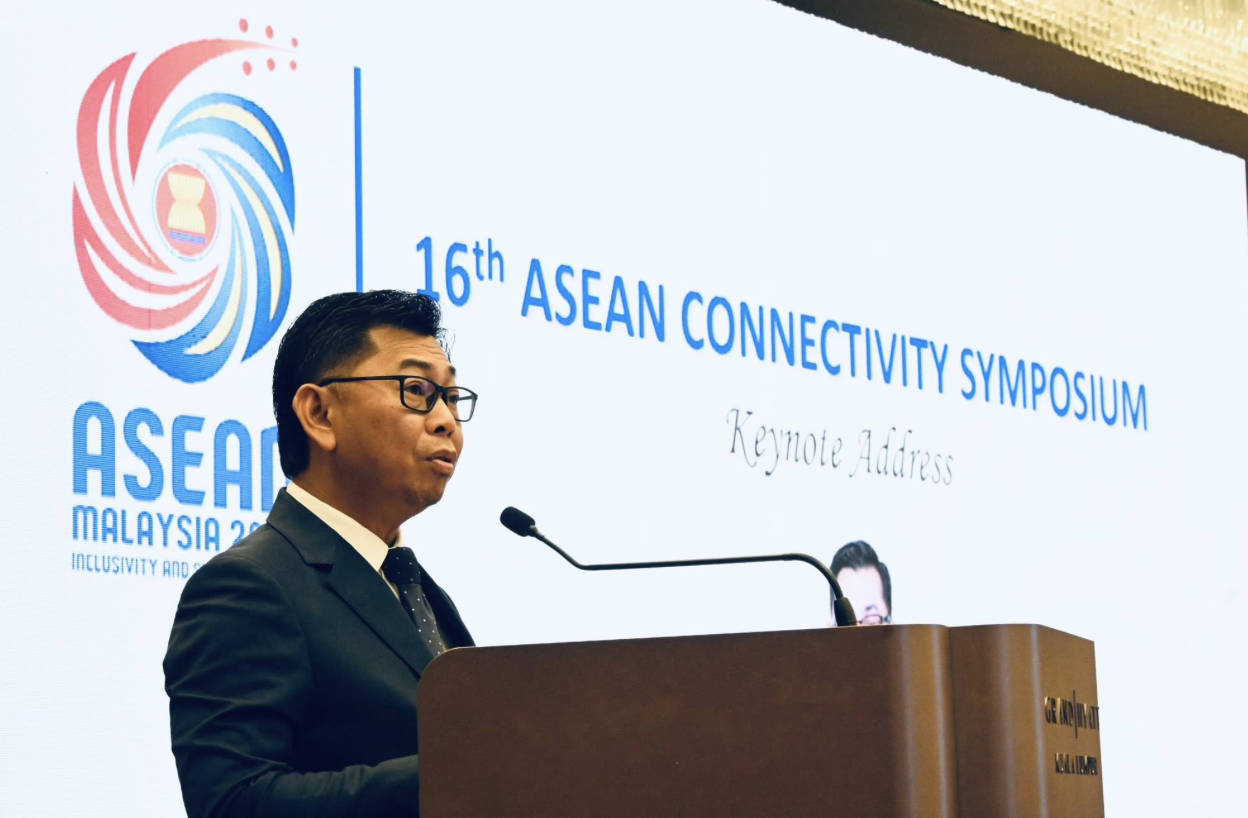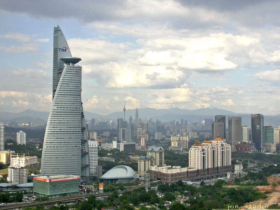KUALA LUMPUR, Sept 13 — Connectivity is the driving force of Asean’s future, which would enable the region to become the world’s fourth-largest economy by 2045, said Deputy Foreign Minister Datuk Mohamad Alamin.
Mohamad said this in his keynote address at the Asean Connectivity Symposium held here today, according to a statement issued by Wisma Putra.
He underlined that true connectivity goes beyond physical infrastructure to include digital networks and regulatory frameworks, and called for a holistic approach to integration by strengthening institutional coordination across different pillars of the Asean Community, the statement read.
Mohamad highlighted the importance of people-to-people connectivity, calling it the “heart and soul” of the Asean community, which builds bridges of understanding and forges a shared identity, creating a community bound by trust, empathy and a common purpose, it added.
Malaysia, as Asean chair, hosted the symposium under the theme “Accelerating Inclusive and Sustainable Connectivity: Synergising Sectors for Equitable Futures”.
A total of 124 participants, comprising representatives from Asean members, dialogue and external partners, and stakeholders from the private sector and academia, took part in the symposium to discuss the future direction of regional connectivity.
The symposium comprised three substantive sessions — “Asean Connectivity Strategic Plan 2026-2035 (ACSP): Advancing an Inclusive and Sustainable Regional Future”, “Sustainable Infrastructure for a Resilient Asean”, and “Digital Connectivity for an Inclusive Asean Economic Community”.
This year’s symposium provided a timely platform to reflect on the progress of the Master Plan on Asean Connectivity 2025 and to gather valuable input for the implementation of the ACSP.
The ministry said the symposium focuses on ensuring key connectivity deliverables, specifically advancing digital connectivity and establishing a more integrated regional power grid, are inclusive, accessible, and support local innovation.
A key focus is to address the barriers faced by micro, small, and medium enterprises (MSMEs), such as limited access to affordable digital infrastructure and energy insecurity.
The discussions are structured around key strategic goals of the ACSP, including sustainable infrastructure and digital innovation, while also considering major trends like climate change, supply chain reconfiguration, and urban expansion, the statement said.





















Leave a Reply